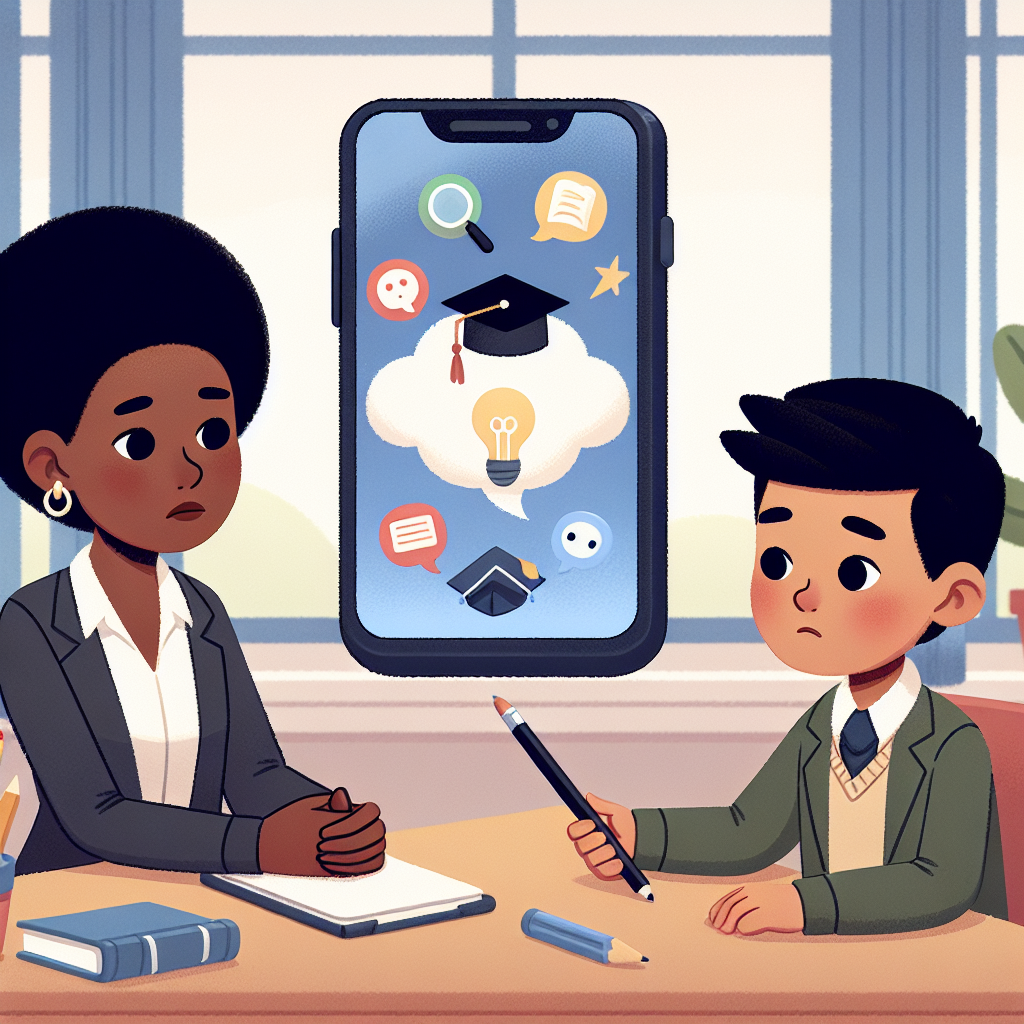
Smartphone Usage on School Psychologists’ Roles and Student Well-being
The discourse on children’s mental health has expanded to include the influence of digital devices, notably smartphones. School psychologists are now at the forefront, navigating this complex landscape to support students affected by the early introduction to smartphones. A vital narrative emerging today is the impact of smartphones before the age of 13, which has been linked to long-term mental health challenges. Researchers from a vast study of over 100,000 participants have highlighted this correlation, pointing to increased risks of suicidal ideation, aggression, and social detachment, factors that directly influence school environments and learning outcomes.
Research suggests that the early and unregulated use of smartphones fosters exposure to cyberbullying and decreases the quality of sleep, issues that school psychologists must address within educational settings. These digital interactions can serve as triggers or exacerbating factors for pre-existing conditions, making them crucial points of intervention for mental health professionals.
The Role of School Psychologists
The dynamic role of school psychologists involves assessing the multifaceted effects of smartphone usage and devising strategies to mitigate its impacts. As professionals committed to nurturing mental health in schools, they are tasked with developing comprehensive frameworks to address these modern challenges. By fostering environments of resilience and awareness, school psychologists can help buffer students against the adverse effects of early smartphone exposure. Key to this approach is educating both students and teachers about healthy technology usage and its implications on mental well-being.
Strategies for Intervention
- Educational Workshops: Conduct workshops for students, parents, and educators to raise awareness about the potential risks associated with early smartphone use.
- Digital Literacy Programs: Integrate digital literacy into the curriculum to equip students with skills to navigate the online world safely.
- Promotion of Face-to-Face Interactions: Encourage activities that foster interpersonal skills and reduce screen time.
- Collaborative Policy Development: Work with school administrations to develop policies that regulate smartphone use within school premises.
- Individual Support Plans: Offer tailored support to students exhibiting signs of digital addiction or cyberbullying.
Using these strategies, school psychologists can spearhead proactive approaches to reduce the negative impacts of digital devices, fostering a healthier school environment.
The Long-term Implications
The long-term implications of unregulated smartphone use are profound, potentially affecting students’ educational trajectories and psychosocial development. The predictive markers for mental health issues stem from the cumulative effects of cyberbullying, disrupted sleep patterns, and decreased interpersonal interactions often associated with excessive smartphone use. In this context, school psychologists are crucial in not only addressing the immediate effects but also in implementing preventive measures.
Conclusion
The evolving landscape of digital technology presents both opportunities and challenges. As educators and psychologists work hand in hand, they play a crucial role in shaping policies and interventions that support students’ mental health and overall well-being. By understanding and addressing the intricate relationship between smartphone use and mental health, school psychologists are positioned to mitigate risks and foster environments conducive to both learning and personal growth.



